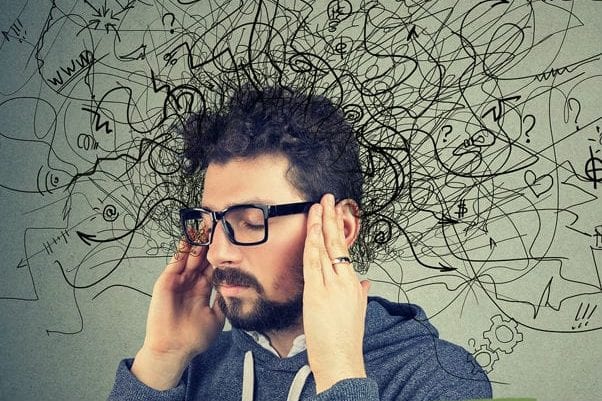
You get a call from the school, your child was acting out again. The teacher says it’s impossible to get them to sit still, they call out, and don’t seem to ever pay attention. Sure, sometimes it’s hard to hold the attention of a child, but does it seem almost impossible for you? It’s not your child’s fault, and it’s certainly not yours; it could be the fault of attention-deficit/hyperactivity disorder, ADHD.
ADHD is very common, it affects more than 3 million Americans every year, and it’s chronic. ADHD is not just a childhood disorder. While it’s true the symptoms start in childhood, ADHD can progress through adolescence and into adulthood.
Do you lose focus? Do you feel the need to constantly move even when you shouldn’t? Are you always interrupting others during conversation? These could all be signs of attention-deficit/hyperactivity disorder, ADHD. Without treatment the disorder can make it feel impossible to pay attention and control impulsive behaviors.
The problems ADHD can cause are serious and could make your child struggle in school or lead to unnecessary strife in the workplace. Don’t let this treatable disorder rule your life, read this list and spot the signs so that you can get help for yourself or child as soon as possible.
Signs of Depression

-
Inattentive
Those with ADHD can find it nearly impossible to pay attention to anything. Be it class discussion, lecturing, or work.
-
Unfocused
ADHD can make it hard to focus, this leads to careless mistakes, unfinished work, and difficulty doing anything that requires mental effort — even games
-
Disorganized
This disorganization could just seem like a messy room, but it’s more than that. The room is a representation of their thoughts.
-
Forgetful
Forgetfulness can lead to undone chores or losing items.
-
Impatient
Impatience exacerbates all these other issues.
-
Fidgety
Bouncing your knees under the desk as you read this? Don’t ignore it.
-
Too Talkative
This goes beyond chatty. Those suffering from ADHD might speak out of turn, interrupt others, or even talk over people.
If you’re concerned that maybe you or your child is showing some of these signs, see your family doctor. They may refer you to a specialist, but it’s important to get that initial evaluation to determine whether the issue is serious. Remember, ADHD is treatable but without treatment can make you or your child far less productive.
About Lehigh Center
The largest independently run research facility in the Lehigh Valley is the Lehigh Center. We conduct clinical trials to evaluate potential treatments for specific disorders and diseases like ADHD. To get in touch with one of our qualified physicians to learn more about our current studies please click the link below.
